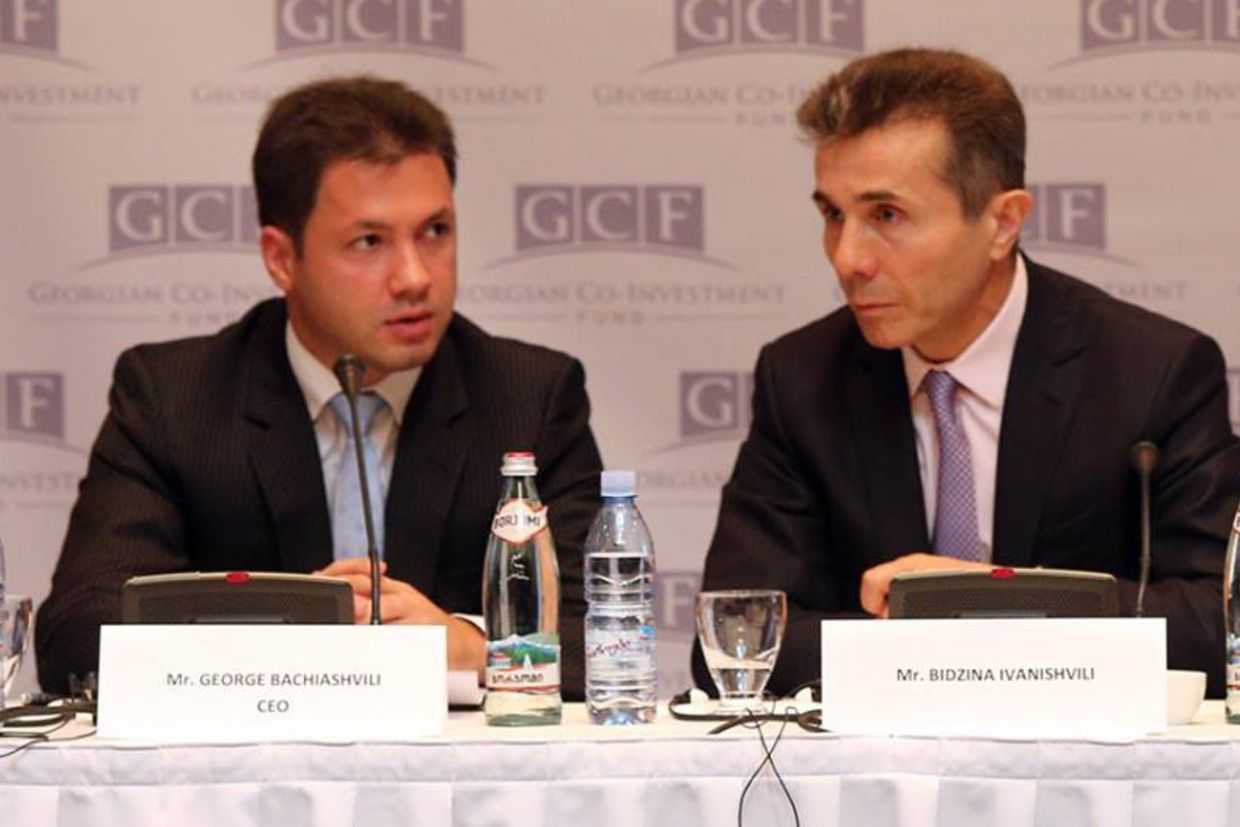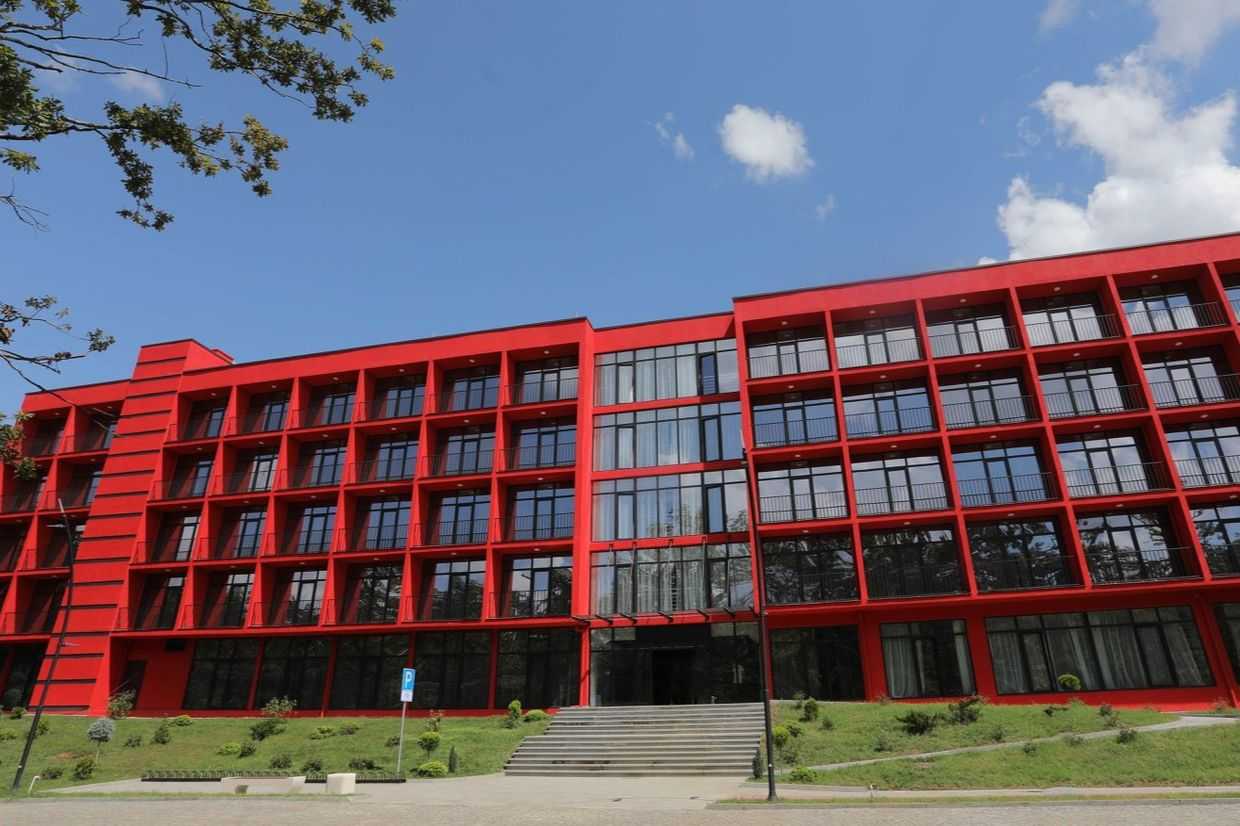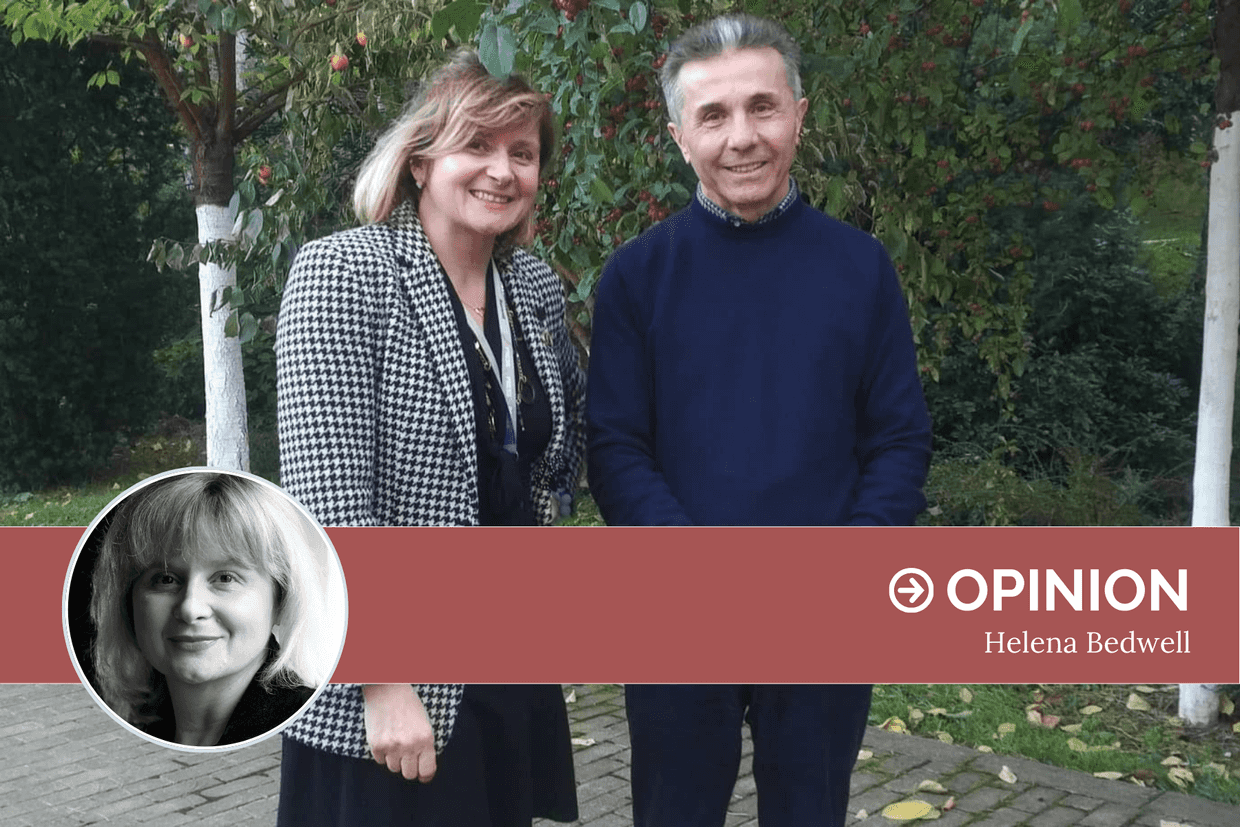Georgian Dream endorses Chinese report accusing NED of ‘instigating protests’ in Georgia

Members of the ruling Georgian Dream party have actively endorsed a week-old Chinese government report accusing the National Endowment for Democracy (NED) of inciting divisions and instigating protests in Georgia, in an apparent bid to discredit reports about Bidzina Ivanishvili’s undisclosed assets in Russia.
Members of the ruling party and pro-government pundits endorsed the Chinese Foreign Ministry report over the weekend.
Beijing released the report on 9 August. It largely focused on portraying NED as a tool used by Washington to meddle in other countries’ internal affairs, incite divisions, and undermine governments under the pretext of promoting democracy and human rights.
The report specifically accused NED of funding ‘three local NGO groupings in Georgia at the beginning of the 21st century to organise demonstrations in capital Tbilisi [sic]’, in a likely reference to the 2003 Rose Revolution that led to the government’s resignation and catapulted former President Mikheil Saakashvili to power.
It went on to allege that in May this year, ‘NED rallied support for and instigated protests in Georgia against the foreign agents bill’.
Anti-government protests erupted in Tbilisi and other Georgian cities in April, following Georgian Dream’s announcement that it would reintroduce its foreign agent law, a law targeting civil society groups and media that ‘promote interests of foreign powers’. The ruling party, which eventually passed the law in May, argued that opposition to the bill was evidence that civil groups were indeed ‘agents’ of foreign powers.
While the Chinese document was published on 9 August, pro-government media only began extensively reporting on it on Friday, hours after OCCRP published Russian land registry records to substantiate their claims of a recent transfer of a Moscow property to Georgian Dream founder Bidzina Ivanishvili’s wife, Ekaterina Khvedelidze.
[Read more: Georgian Dream denies allegations that Ivanishvili’s wife owns Russian real estate]
The OCCRP’s publication that day was its second response to Georgian Dream’s continued denial of their allegation that the Ivanishvili family was expanding its ownership of real estate in Russia. On coming into power in 2012, Ivanishvili insisted he had relinquished all his Russian assets.
Pro-government TV Imedi’s coverage on Sunday stressed that NED ‘finances OCCRP and Transparency International that are publishing false reports about Bidzina Ivanishvili and his family’, running ‘NED scheme exposed’ as its headline.
Members of Georgian Dream and their affiliated pundits have similarly cited the Chinese Foreign Ministry’s report to emphasise that both OCCRP and Transparency International – Georgia, which reported on Ivanishvili’s alleged Russian connections, receive financial support from NED.
‘It is regrettable that such a reputable organisation of our strategic partner […] used such methods in Georgia, or at least allows those extremist NGOs, fake organisations, slandering groups to disparage distinguished members of society, the Georgian Dream government, and damage Georgia’s image’, Georgian Dream MP Beka Odisharia remarked on 19 August.
In July last year, Georgia and China signed a strategic partnership agreement, surprising many observers. The partnership has since progressed, with China recently allowing Georgian citizens to visit the country visa-free for up to 30 days.
[Read more: Opinion | Georgia’s one-sided relationship with China comes with significant risks]
Government supporters have framed the strategic partnership with China as part of Georgia’s new multi-vector foreign policy. However, critics of the government have largely dismissed this view, interpreting the move, along with Georgian Prime Minister Irakli Kobakhidze’s two visits to Tehran, as evidence of the country’s shift towards an anti-Western and pro-Russian stance.
The ruling party’s anti-Western rhetoric has intensified in the past year, with increasing criticism of groups like NED and the European Endowment for Democracy (EED). Georgia’s relations with Western partners hit a low after the foreign agent law was passed, with the US introducing sanctions on government members and those associated with violence against protesters, and the EU announcing that Georgia’s accession was on hold.
The National Endowment for Democracy (NED) is one of OC Media’s institutional donors.









